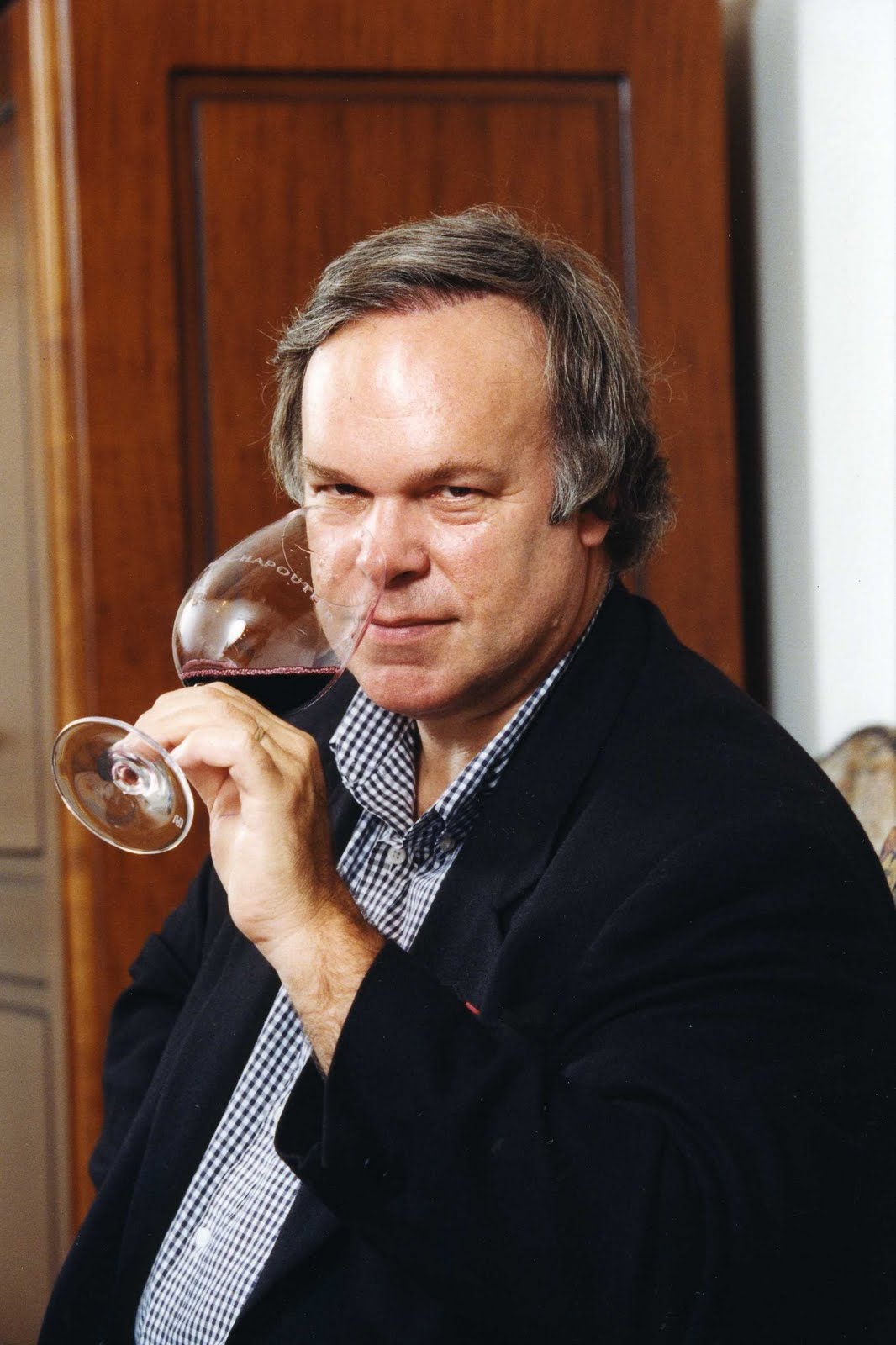Who is Robert Parker?
During the years as a wine supplier to yachts I have several times received orders requesting certain Parker scores so I thought an article on this powerful man would be appropriate here.
Robert Parker is by far the most powerful wine critic in the world. It began in 1975 when he started his wine guide book. Parker wanted to write about wine without the conflicts of interest that might taint the opinions of other critics who also make a living selling wine. A few years after he set up a newsletter called The Wine Advocate and more than 30 years later he has more than 100 000 subscribers.
What first put Robert Parker in the lime light was when he was at the “ en primeur” tasting in 1983 and he called the 1982 vintage in Bordeaux superb, giving it top marks. Other critics claimed the vintage was lacking in acidity and was too ripe. Time has shown however that M Parker was right and 1982 is one of the most expensive vintages available today for Bordeaux.
Parker’s 100-point rating system
Perhaps one of the contributing factors to his fame is that he uses a 100 point scale to judge the wines tasted. Although he also writes detailed tasting notes many consumers only consider the actual score which can be an effective way of promoting wines.
Here is what he says on his web site about this widely discussed scoring system.
““In terms of awarding points, my scoring system gives every wine a base of 50 points. The wine’s general color and appearance merit up to 5 points. Since most wines today are well made, thanks to modern technology and the increased use of professional oenologists, they tend to receive at least 4, often 5 points. The aroma and bouquet merit up to 15 points, depending on the intensity level and dimension of the aroma and bouquet as well as the cleanliness of the wine. The flavor and finish merit up to 20 points, and again, intensity of flavor, balance, cleanliness, and depth and length on the palate are all important considerations when giving out points. Finally, the overall quality level or potential for further evolution and improvement - aging - merits up to 10 points. Scores are important for the reader to gauge a professional critic’s overall qualitative placement of a wine vis-à-vis its peer group. However, it is also vital to consider the description of the wine’s style, personality, and potential. No scoring system is perfect, but a system that provides for flexibility in scores, if applied by the same taster without prejudice, can quantify different levels of wine quality and provide the reader with one professional’s judgment. However, there can never be any substitute for your own palate nor any better education than tasting the wine yourself.””
The “Parkerization” of wine
Given the impact a 95+ score can have on price and demand of a wine, it is not surprising that winemakers are trying to make more “Parker friendly wines” to maximise scores. It is said that Parker prefers big wines with deep colour, ripe intense fruit flavours, moderate acid and plenty of ripe tannins and toasty new oak aromas. All this can to a degree be influenced by the wine maker and the past decade has seen classical regions more and adapting to this style of wines. This is of course a highly controversial topic and if talking to producers they will not agree and claim they have always made wines in the same way according to tradition. Whatever the reason, climate, fashion or Parker, most wines are certainly bigger and bolder than they were 15 years ago.





